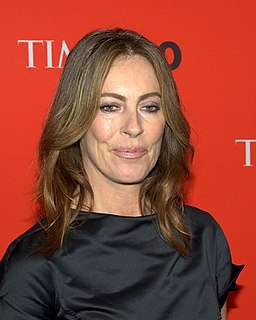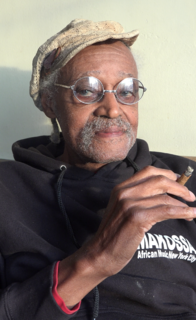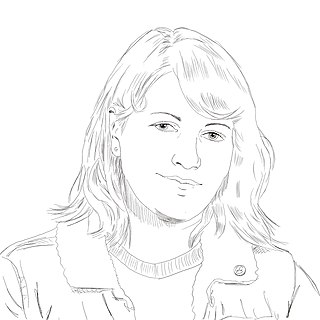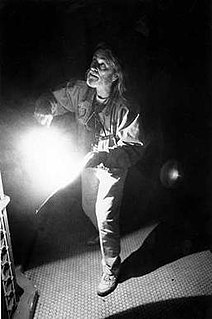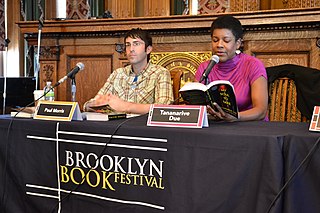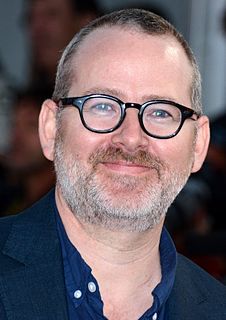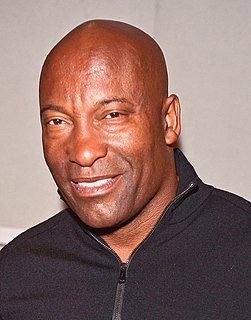A Quote by Asghar Farhadi
Related Quotes
What I react against in other people's work, as a filmgoer, is when I see something in a movie that I feel is supposed to make me feel emotional, but I don't believe the filmmaker shares that emotion. They just think the audience will. And I think you can feel that separation. So any time I find myself writing something that I don't really respond to, but I'm telling myself, 'Oh yes, but the audience is going to like this,' then I know I'm on the wrong track and I just throw it out.
We've been fighting our whole lives to say we're just human beings like everyone else. When we start separating ourselves in our work, that doesn't help the cause. I've heard it for years: 'How do you feel being a black filmmaker?' I'm not a black filmmaker, I'm a filmmaker. I'm a black man, I have black children. But I'm just a filmmaker.
With filmmaking, I for so long was like, oh, I need permission to go out and be a director and be a filmmaker. And I read Robert Rodriguez's 'Rebel Without a Crew.' He just went out and did it, man. In his book, he even says just put your name on a business card and say you're a filmmaker. Congratulations, you're a filmmaker.
As a sensitive filmmaker, I think you have to really be careful in how you explore it. Not that you can't tell any story you want - I'm not calling for censorship or anything. But if you're going to have violence, I think it's important to deal with the consequences of that on a human level, not just to make people laugh.
I try not to think of myself as a woman filmmaker. I don't look for women influences. I have noticed in the past few years that there is a certain ceiling that a woman filmmaker can reach. I don't believe that it's sexism per se, but there are certain expectations in the industry about what films should be, how they should be made, what stories they should tell, and it's a habit, it's a tradition.




